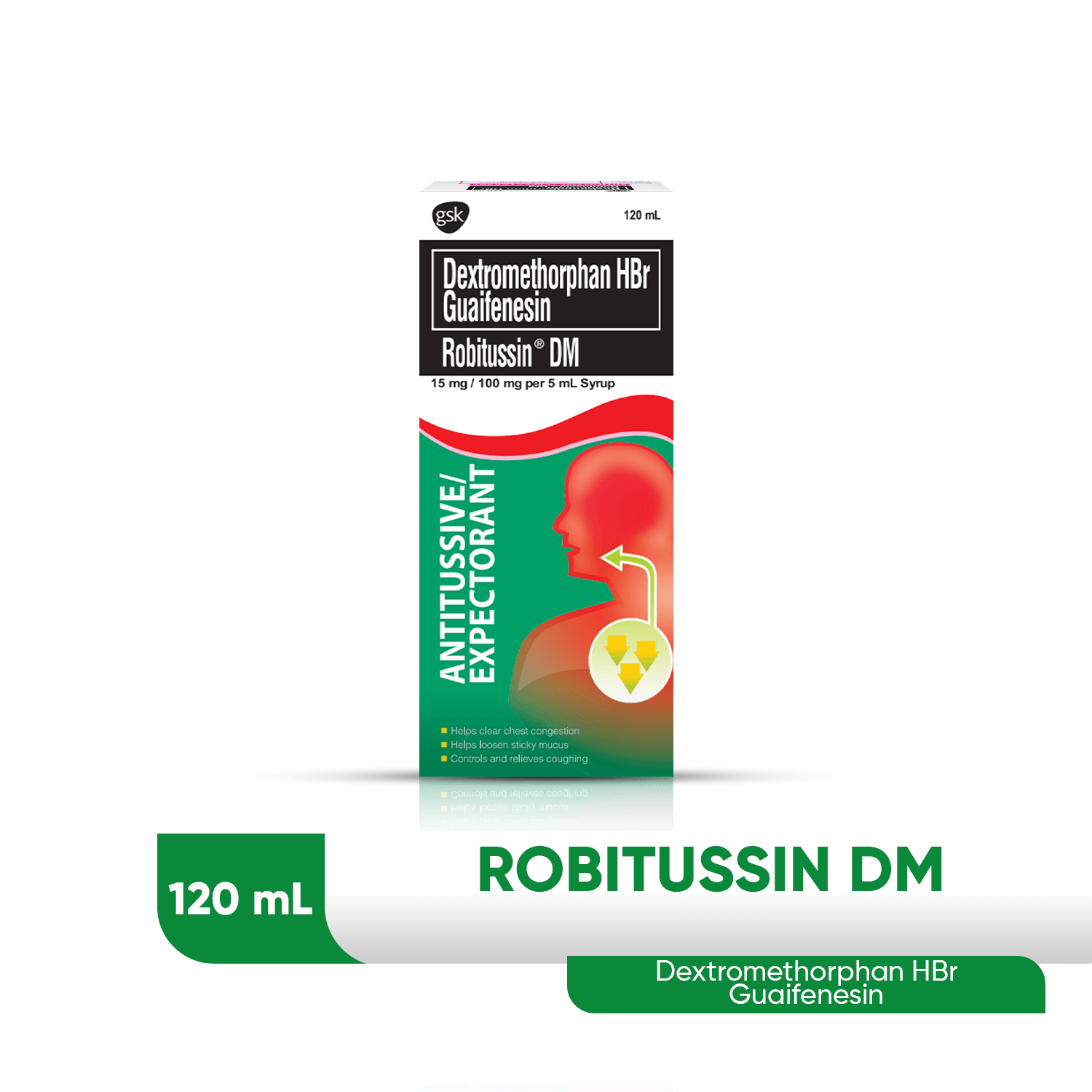Did you know that non-communicable diseases (NCDs), also known as non-infectious diseases, remain the leading causes of death in the Philippines? According to the Philippine Statistics Authority (PSA), ischemic heart diseases, cancers, and cerebrovascular diseases were the top three causes of death in the country from January to May 2024.
Unlike infectious diseases, NCDs develop gradually and often show no immediate symptoms until complications arise. The good news is that many of these diseases can be prevented or managed with healthy lifestyle choices, regular screenings, and proper medical care. By staying informed and proactive, you can take charge of your health and lower your risks of contracting NCDs.
In this article, we’ll explore five common non-infectious diseases every Filipino should be concerned about—and what you can do to protect yourself.
Cardiovascular Disease
Heart disease is one of the most pressing health concerns in the Philippines, yet it often goes unnoticed until a serious event, like a heart attack or stroke, occurs. Factors like high blood pressure, high cholesterol, poor diet, and a sedentary lifestyle all contribute to the development of cardiovascular diseases, but early detection and small, consistent changes can make a big difference.
One of the best ways to take charge of your heart health is by keeping track of your blood pressure. Since hypertension rarely causes obvious symptoms, regular monitoring with a blood pressure monitor can help you spot warning signs early. This gives you time to make necessary adjustments, whether it’s improving your diet, getting more exercise, or consulting a doctor for medical advice.
A heart-healthy lifestyle doesn’t have to be complicated, either. Eating balanced meals, reducing sodium intake, staying active, and managing stress can go a long way in keeping your heart strong. And if you already have hypertension or other risk factors, regular checkups and proper medication can help you stay in control of your health.
Diabetes
Commonly linked with a high-sugar diet, lack of physical activity, obesity, and family history, diabetes is one of the fastest-growing health concerns in the Philippines. With millions of Filipinos affected, this chronic condition occurs when blood sugar levels remain too high due to the body’s inability to produce or use insulin effectively. If left unmanaged, diabetes can lead to nerve damage, kidney failure, vision problems, and even heart disease.
The key to managing or preventing diabetes is monitoring your blood sugar levels and making lifestyle changes early. For instance, you can start drinking specially formulated milk for diabetics. Consider a blood glucose monitor to help track fluctuations and keep a log of the readings for better health management. Also, regular checkups with your doctor play a crucial role in preventing complications.
Taking small but consistent steps—like reducing sugar intake, eating more fiber-rich foods, staying active, and maintaining a healthy weight—can significantly lower your risk. If you’ve already been diagnosed with diabetes, following your doctor’s advice and keeping up with prescribed treatments can help you live a full, healthy life.
Cancer
Did you know that cancer claims the lives of four Filipinos every hour? This alarming reality highlights an urgent health issue, affecting thousands every year. While some cases are influenced by genetics, many are tied to lifestyle factors like smoking, excessive alcohol intake, and poor diet.
Protecting yourself starts with simple, everyday choices. If you spend a lot of time outdoors, for example, applying sunblock lotion can shield your skin from harmful UV rays that can contribute to skin cancer. Likewise, scheduling routine screenings—like mammograms, colonoscopies, and liver function tests—can help catch cancer early, when it’s most treatable.
Lowering your cancer risk doesn’t require drastic changes. Swapping processed foods for fresh vegetables, staying active, quitting smoking, and cutting back on alcohol can all go a long way. If cancer runs in your family, consult a doctor for preventive strategies. Ultimately, early awareness and small, consistent efforts can lead to a healthier future.
Chronic Respiratory Diseases
For many Filipinos with asthma, chronic obstructive pulmonary disease (COPD), or other lung conditions, even simple activities can feel exhausting. The biggest culprits? Air pollution, smoking, secondhand smoke exposure, and allergens, all of which are widespread in the Philippines.
Managing lung health requires a proactive approach. Quitting smoking, avoiding polluted areas, and keeping indoor spaces well-ventilated can help. For those with chronic conditions, doctors often recommend medications like inhalers, steroids, and antihistamines to ease symptoms and improve breathing. Sticking to prescribed treatments and monitoring symptoms closely can also make a significant difference.
Chronic Kidney Disease
Your kidneys work 24/7, filtering waste and balancing fluids to keep your body functioning properly. But what happens when they start to fail? Chronic kidney disease is a growing health crisis in the Philippines, yet many people don’t realize they have it until it’s in the late stages. High blood pressure, diabetes, and excessive salt intake are among the biggest culprits, silently damaging the kidneys over time.
According to the National Kidney and Transplant Institute, one Filipino develops chronic renal failure every hour—a staggering reminder to take care of your kidneys before symptoms appear. Whether it’s staying hydrated, eating a diet low in sodium and processed food, or managing conditions like hypertension and diabetes, every healthy lifestyle adjustment can help.
If you're at risk, regular checkups and vitamins and supplements that support kidney health may aid in prevention. A little extra care today can help protect your kidneys for life.
While these non-infectious diseases are serious concerns, many of their risk factors are within your control. Small but consistent changes can make a big difference in the long run. And if you’re looking for medical monitoring equipment, vitamins and supplements, and essential medications to help maintain your overall well-being, visit Southstar Drug in-store or online today. Your health is your most valuable asset, so take the necessary steps now for a healthier future.












